Brittany Foley, a 26-year-old financial advisor, decided to take a short-term retirement after becoming exhausted from working 65- to 70-hour weeks. "I barely had time to do simple things like laundry, grocery shopping, or exercise. I wanted to take a break to focus on writing a book, which I was really passionate about," Foley shared.
She saved up for six months, moved into a smaller apartment, and took a part-time job at a restaurant to stay afloat. After the sabbatical, she returned to her job as a senior financial analyst, while continuing to write.
“I no longer feel lost or aimless. My short-term retirement helped me realize that writing is not just a hobby, but a passion that I really want to pursue,” she added.
Foley is not alone. More and more young people are choosing to take mini-retirements to recharge and rediscover their passions, reshaping the way they approach their careers.

After "revenge quitting", "short-term retirement" is becoming a trend among young people, especially Gen Z (Photo: Newsweek).
What is short-term retirement?
Micro-retirement is a deliberate, short-term pause in your career to focus on activities outside of work. These breaks are intentional and require careful financial preparation and career planning in advance.
The micro-retirement trend is booming on TikTok, as many Gen Z employees decide to take extended breaks from work to rest. Although they are far from retirement age, they are choosing to integrate long vacations into their careers instead of waiting until later in life to enjoy life.
Many studies have noted how Gen Z approaches work differently than previous generations. According to Forbes , this group, which includes people between the ages of 13 and 28, is expected to make up 30% of the workforce and is driving major changes in corporate culture, particularly the demand for work-life balance and greater flexibility.
Ashley Fell, a workforce trends expert, said Gen Z grew up in a time of rapid change, economic uncertainty and a growing awareness of mental health and work-life balance.
"Many of this generation entered the labor market during or after the pandemic, which has profoundly affected the way they view their careers. Unlike previous generations who prioritized clear career paths, Gen Z values flexibility, personal satisfaction and health more," she shared.
Similarly, according to Guy Thornton, founder of Practice Aptitude Tests, this trend reflects a change in the mindset of young people. Young people no longer see their careers as an absolute priority. Instead, they are more focused on mental health, personal experiences and quality of life. They choose to take time off between jobs to travel , explore their passions or simply slow down.
Lever's 2022 survey found that 40% of Gen Z and 24% of millennials intend to leave their jobs within 2 years, mainly due to burnout and job dissatisfaction.
Julie Lee, Ph.D., a psychologist and co-chair of the Harvard Alumni for Mental Health, also noted that more Gen Zers are reluctant to stay in a job that doesn’t fit them or put their personal dreams on hold. “After experiencing disruptions due to Covid-19, they are prioritizing their overall well-being, including physical and mental health, relaxation, personal growth, and career development,” she said.
Another big factor amplifying the micro-retirement trend is social media. According to Ashley Fell, Gen Z is heavily influenced by platforms like TikTok, where they have easy access to inspiring stories of other young people doing the same thing.
TikToker Annabel Denisenko, who is taking six months off work to pursue the trend, admits: "Our generation isn't the first to take time off work to travel or take a break, but social media has definitely accelerated this trend and made it more popular."
In addition, advances in technology and the trend of remote work have made short-term retirements more feasible than ever. More and more people are choosing to work part-time or on short-term projects during their time off, allowing them to maintain their income while still enjoying new experiences.
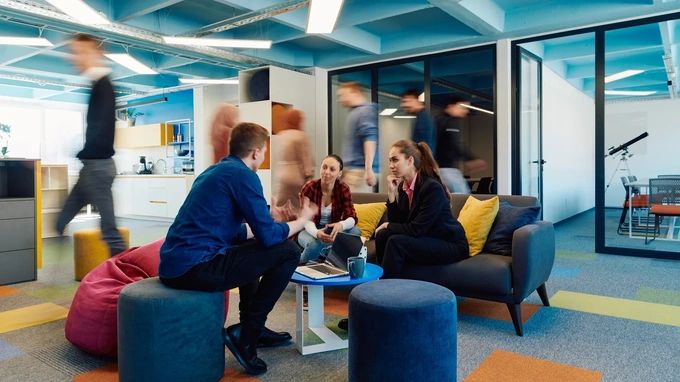
Work burnout makes Gen Z want short-term "vacations" (Photo: Getty Images).
Mini-Retirement: The Key to Work-Life Balance
“I lost my mother about a year and a half ago, when she was only 76. I mourn her retirement, a time filled with “almosts”—almost enough money, almost enough health, almost enough freedom to really enjoy her later years.
My mother’s story isn’t what got me into the concept of micro-retirement, but it did solidify my belief in it. Long before she passed away, I had always taken breaks in my career, taking breaks between jobs, making sure I took long vacations, and prioritizing experiences along the way.
Watching my mother's health decline as cancer ate away at her body, I realized that waiting for the "right time" is a gamble. What if the "golden years" never come? Instead of waiting, we can enjoy retirement in stages."
The story of Sivan Hermon, an MBA at Columbia, illustrates the biggest benefit of taking a short-term retirement. No one can guarantee that we will be healthy or well enough to enjoy life when we are old. Waiting until 60 or 65 to retire can be a risky decision.
When we do have free time, we may not be healthy enough to enjoy the things we want. Short-term retirement allows us to experience our dreams while our bodies are still full of energy, such as traveling, exploring our passions, or simply spending time with family and friends.
Instead of spending your entire working life only to travel when you’re old, a mini-retirement allows you to experience the world in stages. You can spend 3-6 months living in a new country, learning another language, or simply enjoying new things without rushing.
Additionally, research shows that long-term stress can have serious health effects. People who take appropriate breaks in their careers tend to live longer and have fewer chronic diseases. Mini-retirements can help you balance work and health, and maintain a healthier lifestyle.
Another important benefit is the ability to explore yourself. Many people feel stuck in their jobs but are not brave enough to make a change due to financial pressures. A mini-retirement is an opportunity to experience new areas without giving up your career completely. You can try a different career, take a skills course or even start your own business. This gives you a fresh perspective on work and life, which can help you make better decisions for the future.
As Denisenko shares: “Personally, I think the benefits of being able to take a break from work to develop yourself, explore new cultures, and get to know yourself better are invaluable.”
She also stressed that she had worked very hard over the past few years to be able to afford this vacation: "I used to work in a very emotionally stressful job. I think this six-month break will be great for my long-term mental health. I don't know what the future holds, but it makes me excited."

Gen Z wants to enjoy their youth to the fullest (Photo: Getty Images).
Challenges to Consider
While a mini-retirement offers many benefits, it also comes with challenges that need to be carefully considered.
“As a Gen Z researcher and consultant, I’m concerned that frequent job breaks could put young people at a long-term disadvantage,” says Keri Mesropov, founder of Spring Talent Development. Building strong career momentum early on can help them earn higher salaries, advance faster, and have a more solid financial footing, she says.
Fell also warns that a short-term retirement can cause financial challenges and make it more difficult to return to work.
A successful mini-retirement requires solid financial planning, so without a clear budget or a sound savings strategy, the financial stress can overshadow the benefits of your vacation. Make sure you have enough money to cover your essential expenses as well as a cushion for unexpected situations.
Additionally, taking time off can cause employers to question gaps in their resumes, especially in more traditional industries. However, more and more companies are recognizing purposeful time off as a sign of self-awareness and work-life balance.
Dr Lee also said the impact would vary depending on the employer's perspective.
“Will companies see these Gen Z employees as energetic talents with fresh perspectives, or will they be hesitant because of concerns about time off and knowledge loss?” she asked, admitting that there is still no clear answer.
Additionally, re-entering the workforce after a long break can be difficult. To stay connected to your industry, you can attend events, network, or freelance during your time off. These activities will help you stay in shape and confident when you return to work.
Despite its challenges, with the right planning, you can make a short-term retirement a part of your life, so you never have to regret those "near misses."

You can have a comfortable short-term retirement with the right planning (Photo: Getty Images).
Short-term approaches to retirement
A mini-retirement may be an ideal option, but not everyone is financially prepared to do so immediately. Taking a career break without proper preparation can lead to financial stress, impacting your retirement fund or making it difficult to re-enter the workforce at your desired salary. So if you’re not financially ready, consider more flexible alternatives.
One popular option is to take a long leave of absence. Some companies allow employees to accrue vacation days or take unpaid time off for a certain period of time without losing their job. If your current job is too stressful, you may also consider switching jobs or industries, finding a more suitable work environment without having to take a full short-term retirement.
Additionally, building passive income streams can give you more financial flexibility. Investing, starting an online business, freelancing, or participating in the creative economy are all ways to generate steady cash flow without the constraints of a full-time job. However, this requires patience and a long-term strategy before you can create a sustainable source of income.
If your goal is to travel and experience, but your budget doesn't allow for a short-term retirement, look into work-and-travel programs. These options allow you to explore the world without breaking the bank.
In short, a mini-retirement is a great way to achieve work-life balance, but it’s not the only option. If you’re not financially well-off, consider alternative options that fit your situation so you can still enjoy life without sacrificing long-term stability.

Choose a short-term retirement approach that fits your work-life balance situation (Photo: Getty Images).
Is Short-Term Retirement the Future?
Micro-retirements are not just a passing fad, but reflect a profound shift in how we view work and life. As younger generations prioritize flexibility and personal experiences over absolute stability, the idea of retiring in stages rather than waiting until the end of life is becoming increasingly appealing.
Modern companies and economies are also adapting to this trend. The rise of remote work, the gig economy, and flexible work models means that workers can earn a living without being tied to a fixed job for decades. This opens up the opportunity for mini-retirement to become part of a personal and career development strategy rather than a distant dream.
Rather than viewing mini-retirement as “laziness” or “quitting work,” more and more people are seeing it as an investment in their mental health and quality of life. By proactively taking time off to do meaningful things, we can not only improve our productivity but also maintain long-term happiness in an increasingly uncertain world.
Source: https://dantri.com.vn/kinh-doanh/sau-nghi-viec-tra-thu-gen-z-lai-bap-vao-nghi-huu-ngan-han-20250316145105916.htm



![[Photo] Standing member of the Secretariat Tran Cam Tu chaired a meeting with Party committees, offices, Party committees, agencies and Central organizations.](https://vphoto.vietnam.vn/thumb/1200x675/vietnam/resource/IMAGE/2025/7/1/b8922706fa384bbdadd4513b68879951)
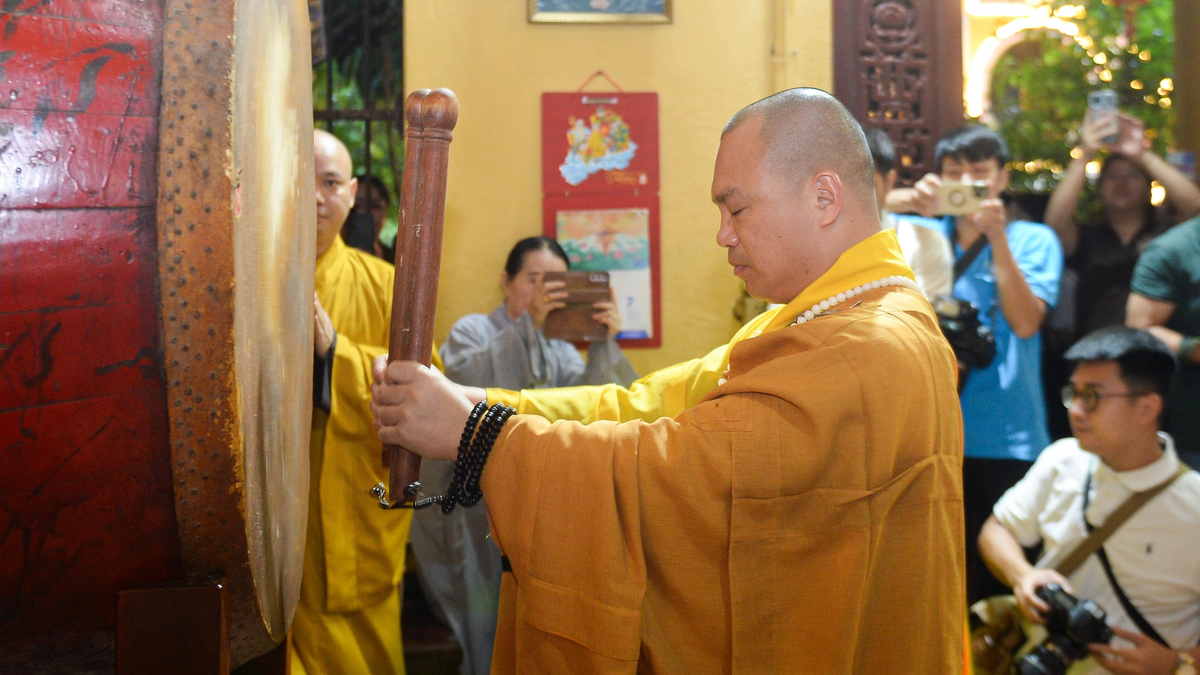



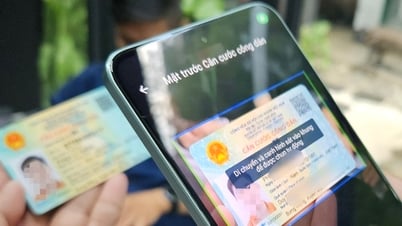

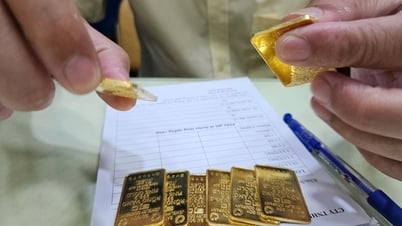
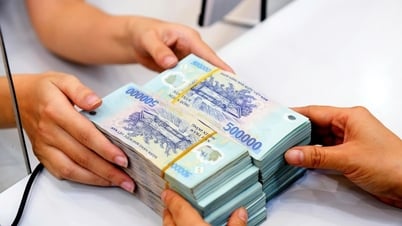

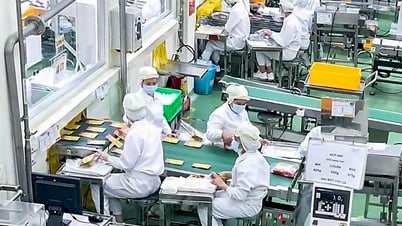


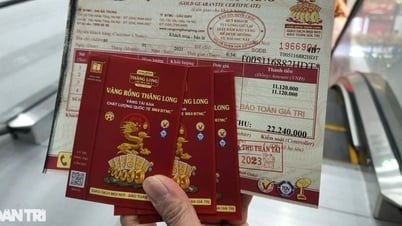









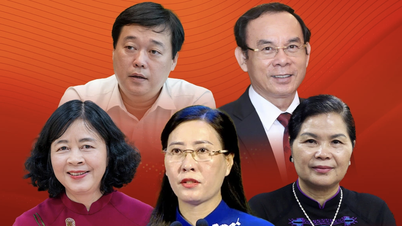
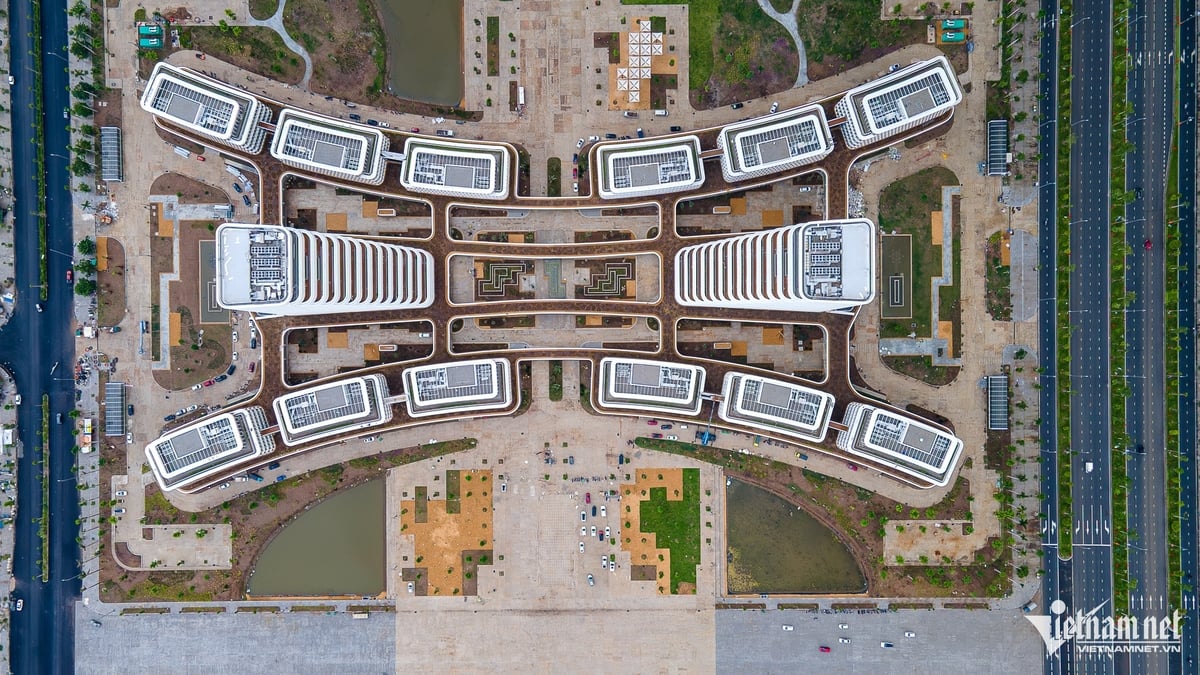
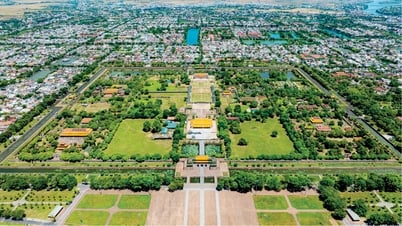





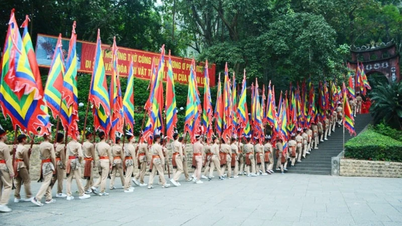





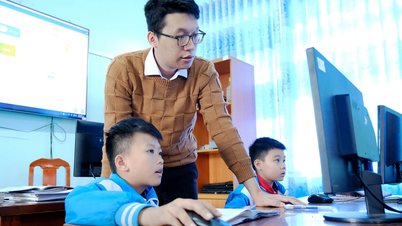







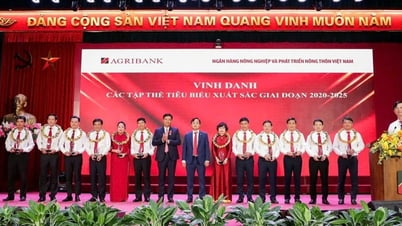


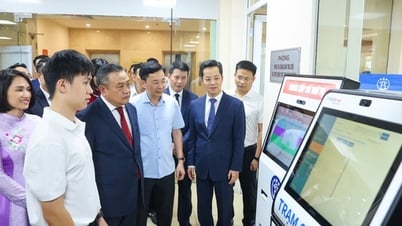
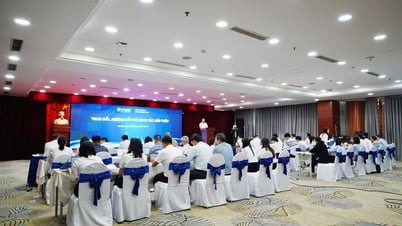

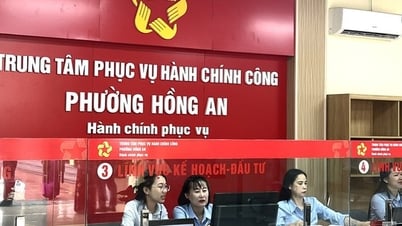

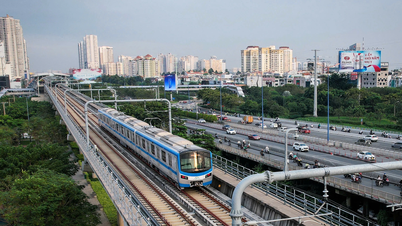



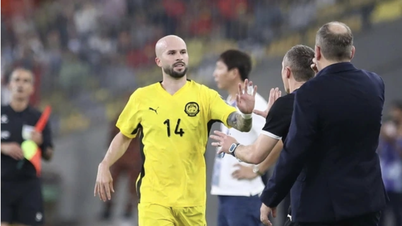



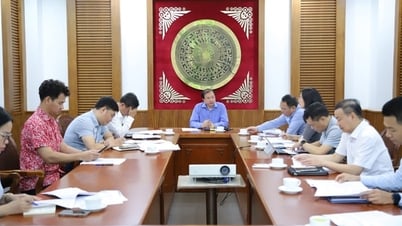



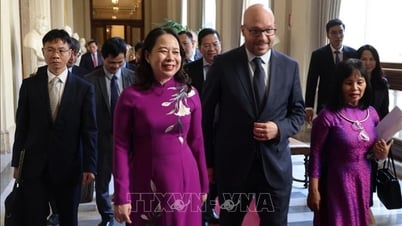


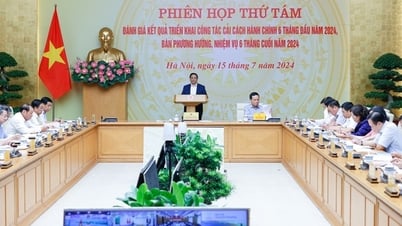
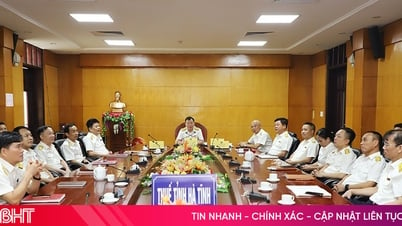
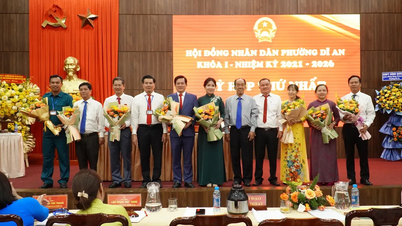

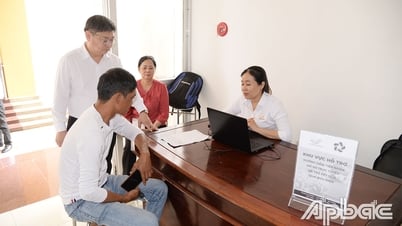



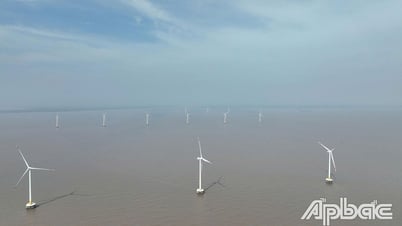
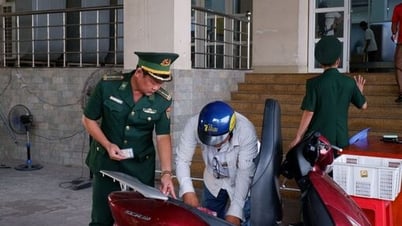













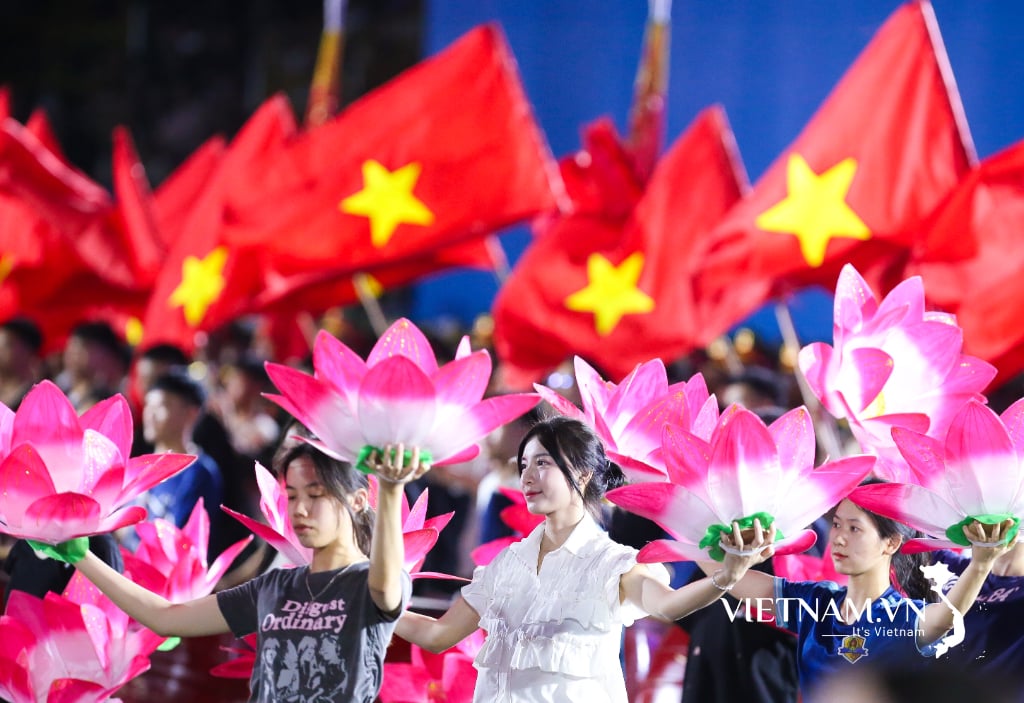



Comment (0)